What is ESMO DSR?
ESMO DSR refers to a chemotherapy or targeted therapy protocol recommended by the European Society for Medical Oncology (ESMO) for certain cancer treatments. It is designed to optimize drug dosing, scheduling, and combination therapy to maximize efficacy while minimizing side effects.
What is the Use of ESMO DSR?
ESMO DSR protocols are used to:
-
Treat specific types of solid tumors or hematologic cancers based on clinical guidelines.
-
Provide a structured treatment regimen including dose, cycle length, and drug combinations.
-
Optimize patient outcomes while reducing adverse effects associated with chemotherapy.
Benefits of ESMO DSR
-
Ensures evidence-based cancer treatment following international standards.
-
Helps oncologists personalize therapy based on tumor type, stage, and patient condition.
-
Reduces the risk of treatment errors through standardized dosing schedules.
Potential Side Effects
Side effects depend on the specific drugs included in the DSR protocol, but may include:
-
Nausea, vomiting, and loss of appetite
-
Fatigue and weakness
-
Low blood counts (anemia, neutropenia, thrombocytopenia)
-
Hair loss
-
Organ-specific toxicity depending on the drugs used
Important Notes
-
ESMO DSR should only be administered under the supervision of an oncology specialist.
-
Regular blood tests, imaging, and clinical monitoring are necessary during treatment.
-
Adjustments to doses or drug combinations may be needed based on patient response and side effects.
-
1. What is ESMO DSR?
It is an oncology treatment regimen recommended by the European Society for Medical Oncology (ESMO) for specific cancer types.
2. What cancers can ESMO DSR treat?
It is used for solid tumors or hematologic cancers, depending on the ESMO guidelines and patient condition.
3. Is ESMO DSR a single drug?
No. It is a structured treatment protocol that may include multiple chemotherapy or targeted therapy drugs.
4. How is ESMO DSR administered?
Administration depends on the drugs in the protocol and may include intravenous infusions, oral medications, or combination therapies under medical supervision.
5. How often are treatment cycles given?
Cycle schedules vary by cancer type and protocol; typically, treatments are given in repeated cycles with rest periods as per guideline recommendations.
6. What are common side effects?
Side effects depend on the specific drugs but may include fatigue, nausea, vomiting, hair loss, and low blood counts.
7. What serious side effects should I watch for?
-
Severe infections due to low white blood cells
-
Organ-specific toxicity (liver, kidney, heart)
-
Severe allergic reactions or infusion-related reactions
8. Do I need tests before starting?
Yes. Blood tests, imaging, and organ function assessments are required before and during treatment.
9. Can ESMO DSR be personalized?
Yes. Oncologists adjust doses, drug combinations, and schedules based on patient response and side effects.
10. Can pregnant or breastfeeding women use ESMO DSR?
No. These protocols are not recommended during pregnancy or breastfeeding.
11. How long does treatment last?
The duration varies depending on cancer type, stage, and patient response, ranging from several weeks to months.
12. Can I take other medications during treatment?
Always inform your oncologist about all medications and supplements, as interactions may occur.
13. Is hospitalization required?
Some protocols may require hospital visits for IV drugs, while others can be partially outpatient-based.
14. Does ESMO DSR cure cancer?
No. The regimen is designed to control cancer growth, shrink tumors, and improve survival outcomes, but it is not guaranteed to cure.
15. How should side effects be managed?
Side effects are managed with supportive care, dose adjustments, or temporary treatment breaks under the guidance of your oncologist.
-

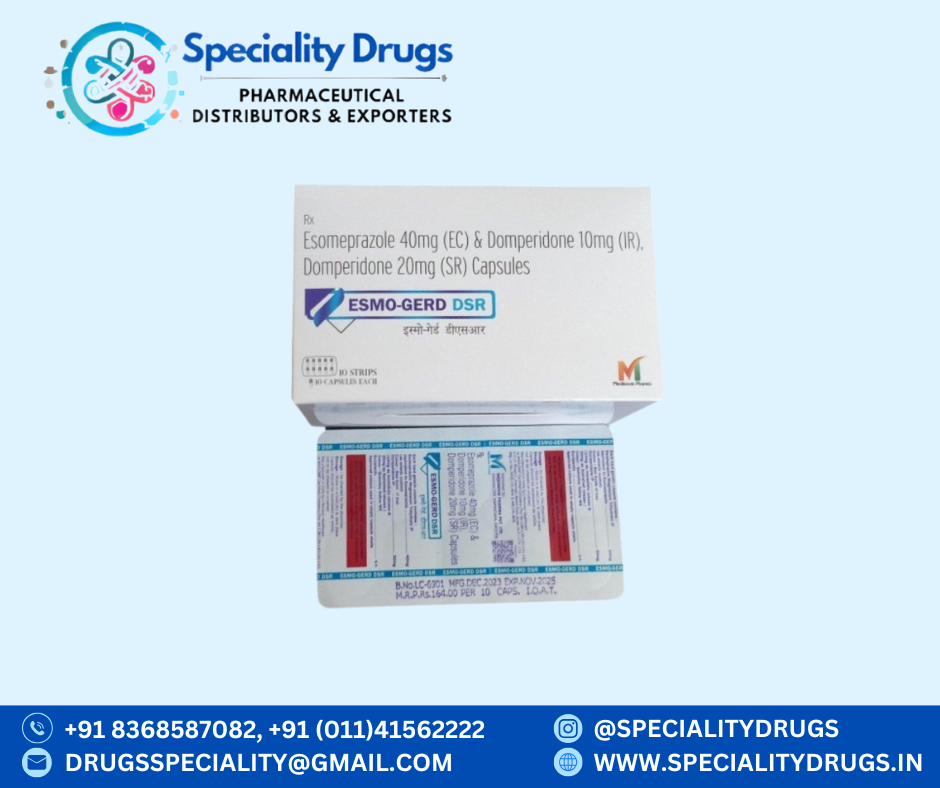
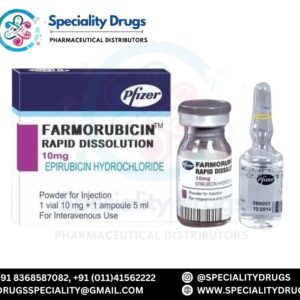
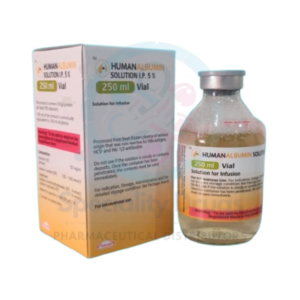
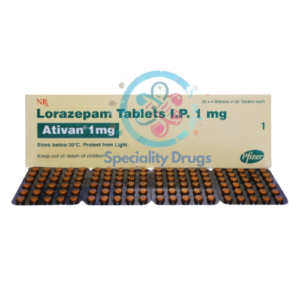
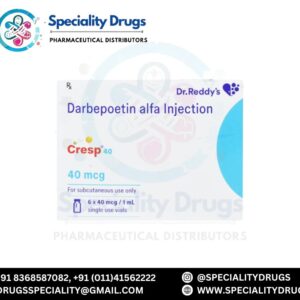
Reviews
There are no reviews yet.